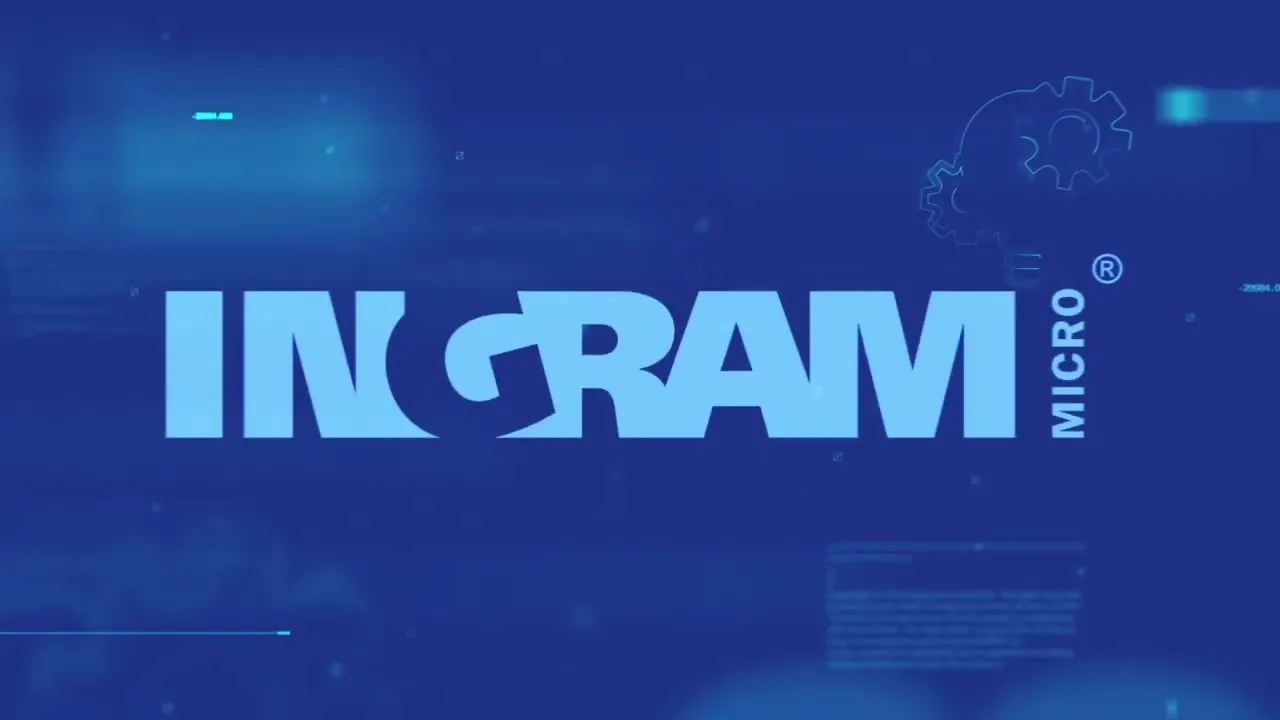Linux is one of the operating systems that can be used with a VPS server. It is also worth noting that this operating system is among the most efficient and stable, and it is characterized by being used by large companies and hackers alike. Due to its great popularity and ease of use, many services like VPS have managed their compatibility with it.
Linux is considered an economical, lightweight, and highly stable solution that does not consume many resources and is highly configurable, as every component is replaceable. Therefore, it is deemed ideal for advanced software, Android, online game servers, applications, and more. Additionally, it is regarded as a system adaptable to VPS services.
Examples of everyday systems based on Linux include not only VPS services but also Google Chrome, which is based on Chromium; Google, Instagram, Spotify, and YouTube, which utilize Linux through the Python programming language and the MySQL database; and Facebook, which uses PHP, among other programs and applications based on Linux that we use daily.

What is the origin of Linux?
In the 1970s, access to operating systems was restricted to programmers at research centers, universities, and large companies. At that time, the Unix system was used, and its licensing cost limited its mass use.
One of the Unix experts was Richard Stallman from MIT. His research and interest in making operating systems accessible led him to create a manifesto in favor of open source and free software. Based on this philosophy, along with a group of colleagues, he created the GNU operating system, which had a free, public license (GPL). This allows it to be downloaded, modified, and distributed, but not sold.
Using components from GNU, it merged with the Linux kernel created by Linus Torvalds, based on a university version of Unix (Minix). This resulted in GNU/Linux. Today, this collaborative system for generating programs to implement the Linux kernel continues to operate communally and is largely accessible for free.
While Linux was initially assembled by specialized people who combined various pieces developed by other community programmers, despite the chaos this implies, pre-assembled packages known as distributions or distros began to emerge. These function as collections of software that are already prepared for installation and work more simply with the Linux kernel.
These distributions are also free to access and have become distinct and complete operating systems. The most popular is Ubuntu. However, the most famous since the 1990s, which profited from its software collection, is Red Hat. Although it cannot profit from the program due to the GPL license, it has been able to do so through associated services provided mainly to large companies, saving them associated costs.
Many companies, such as Intel, Facebook, IBM, and Google, have also adopted open source. IBM adopted the system and provided free programs to improve Linux. It is also worth noting that the creation of Android emerged from the adoption of Linux as its core.

What is Linux?
Linux is an operating system developed by a community of users and is characterized by not having an official system of programs; instead, it provides multiple alternatives to execute similar functions, like the VPS adapted to its systems.
That is why Linux is highly customizable, thanks to the wide range of distributions. This system is more of a kernel of the operating system rather than a software layer that interacts directly with the user; it serves as a base for a wide range of programs and utilities that function as interchangeable layers. These layers have been developed by the community to work with the Linux kernel. Additionally, this operating system is compatible with VPS services.
So, how can you download Linux? What you install to be able to operate with this operating system is a GNU/Linux distributor, which provides you with a complete or partial utility package to operate with Linux.
You also need distributions to operate GNU/Linux more easily. These distributions differ from one another. Examples include Ubuntu, ArchLinux, Fedora, openSUSE, among others. Since they are different, the programs installed must adapt to the specific characteristics of each distributor. Most programs for Linux are open source, shared by creators from the source code.
You should note that it is possible to download individual programs or also look for a package management system, which will offer you a server with a list of programs for simultaneous download. It is worth mentioning that these will be adjusted to the distro used. For example, in the case of ArchLinux, this system is called pacman and works with a console command. This will allow you to see what you have installed and what programs or libraries you need as prerequisites to run them, manage uninstallation, and update them periodically.
Since Linux is a kernel of an operating system, it requires users to have knowledge of how an operating system works while practically teaching them to manipulate all the potential of operating systems and their customization capabilities. This is a significant difference from systems that have a user interface, which, while making things easier, prevents users from gaining expertise in the area, as is the case with Windows. In this sense, special implementation is required to adjust programs to each distribution. However, there are significant built-in facilities for use, such as VPS for Linux. It is important to note that as a service, the VPS provider makes it easy for their service to adapt to the various existing distributions.

Advantages of Linux
- Reliable and Adaptable
Linux VPS servers consume few resources, ensuring that website performance is not compromised. Additionally, resources can be allocated among applications through the control panel. It also adapts to the most useful services available today, such as VPS.
- Compatibility
Linux is compatible with a wide range of programming languages such as PHP, Python, Perl, MySQL, and Ruby on Rails. The command systems in Linux are text based SSH, which enhances server functionality and reduces system overhead. However, this requires users to have coding and programming knowledge. Furthermore, its high compatibility allows it to adjust to systems designed as VPS.
- Development Possibilities
Linux provides the owner with the ability to modify server configurations, perform updates, and establish customizations. Additionally, users can install plugins and applications at will, just like with VPS services.
In summary, having a VPS on your Linux system can further enhance your system management and make it more efficient. It also amplifies the inherent customization capabilities of Linux. In this sense, if you are already an expert in Linux, extending its potential is a natural progression in your system management, and adopting a VPS can be understood as part of this natural development. Furthermore, it is worth highlighting Linux's natural inclination to update and adapt to technological trends and improvements, such as VPS.





